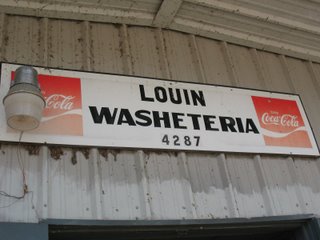Ruby started as a picture book I worked on in the mid-1990s, in a poetry workshop I took at Frederick Community College in Frederick, Maryland, where I lived at the time. I was a freelance writer and editor, after having been a magazine editor for one fateful year.
I was also in the midst of some grant-funded oral history work for the Community Foundation of Frederick County, which took me to the most interesting places, with the most interesting voices: people over 100 years old; knife makers, farmers and farm wives, potters, artists, community activists, former mayors and police chiefs, civil rights activists, and more.
Their voices, and their stories, in concert, over the years I interviewed them, reminded me so much of the voices I heard telling tales (some of them tall) on the front porch of my grandmother's house in Jasper County, Mississippi in the sixties.
Ruby was born because I missed them all so much, wanted to bring them close to me, and wanted to honor their memories through telling a story, just as my new friends in Frederick had honored me with their stories.
So I went back to Mississippi, like I did every summer, and this time to document a time and place. I've been back so many times, always back, although no one I grew up with lives there anymore.
I've made some new friends there, though, and they come out to see me every time I stop by. And my kinfolks live an hour north, near Jackson. I go there, too. And if I'm lucky, I wrangle one of them to go with me to Louin.
.
I remember my great-grandmother, Nanny (great-great Aunt Florentine in Each Little Bird That Sings), coming out this door (it leads to the kitchen) in the early morning, after eating her toast and drinking her coffee, and walking down the steps in her long button-down dress and wide-brimmed hat, heading for the garden, which is behind me.
I remember those cousins as kids, and that cemetery as a playground, and the pie at the Bayless is still that good (like the Cake Cafe in A Long Line of Cakes).
I remember watching Sea Hunt on a black and white television in the living room at night, with all the lights turned off. I remember Miss Eula's dentures in a glass of water by her bed at night. I remember the moths that danced around the porch light and the beez that buzzed in the car house.
I remember what it all looked like to a ten-year-old kid, what it smelled like, felt like, tasted like, sounded like, and I remember it all now as if I were still ten, that place that became a little girl's homeplace filled with those who loved her best in the world and couldn't wait to see her from summer to summer, every year.
Next: How did these memories turn into Love, Ruby Lavender? How did that book get written? I promise to be back soon.












































